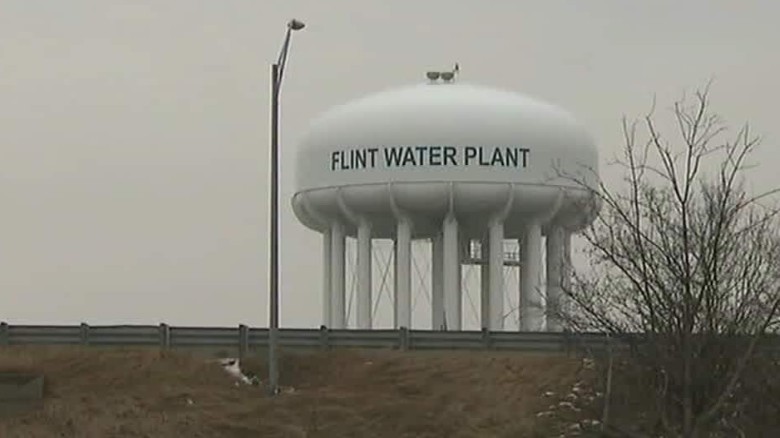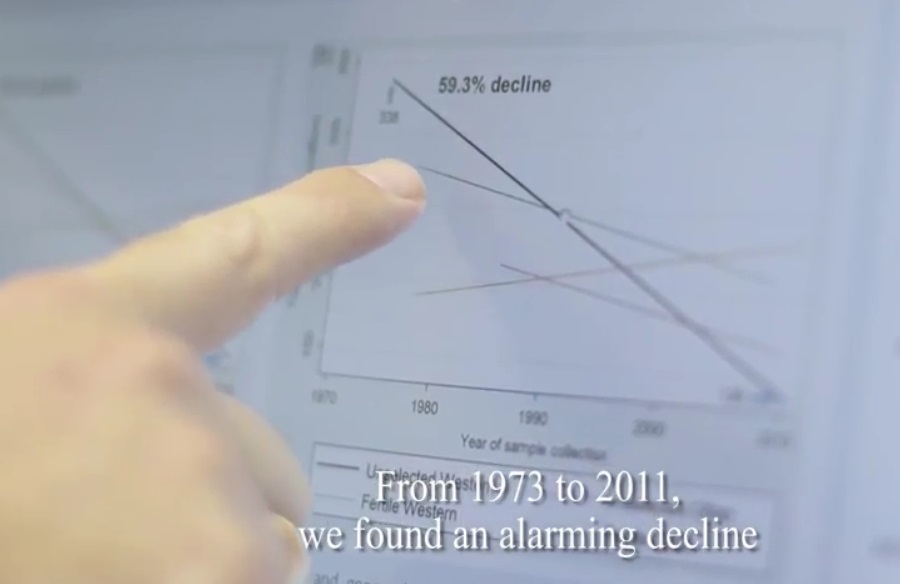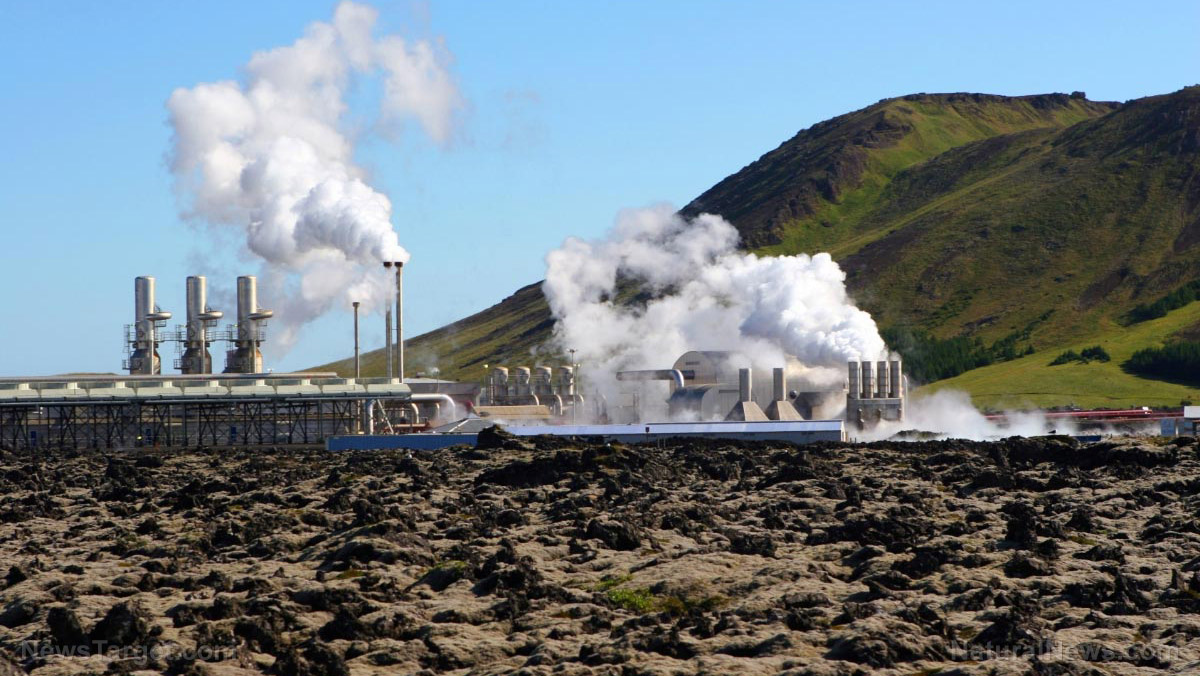All for cleaner air: 7 Simple things you can do to improve air quality
04/26/2019 / By Zoey Sky

Whether you’re at home or commuting to work, poor air quality will negatively affect your health. If you want to lower your risk of developing health problems because of air pollution, you must do your part to improve air quality.
Follow these simple tips to minimize air pollution.
Don’t leave your car engine running.
If you’re picking up someone, don’t leave your car engine idling. Shutting off the engine will minimize the harmful exhaust that your car emits, which can travel miles into the air.
Reduce the number of trips you take in your car.
Cook dinner at home or make lunch for yourself instead of going to your favorite drive-thru.
Carpool with friends.
Carpooling doesn’t just save you money on gas, it also helps you reconnect with friends and co-workers.
Telework/telecommute.
Ask your employers if they offer this option. Teleworking, or working from home, will also help you save gas money. Another bonus is you don’t have to spend minutes or hours getting stuck in traffic.
Walk or bike to work.
If you don’t have time to exercise because of a busy work schedule, you can bike to work. Cycling offers many benefits: It is good exercise; it saves you money; and it reduces air pollution.
If your office is close enough, you can even walk to work.
Use public transit.
Commuting to work at least once a week instead of driving can help you save money on gas and helps improve air quality.
Minimize air pollutants at home.
Burning gas or other fuels indoors produces dangerous levels of indoor air pollution and toxic carbon monoxide. Even lawnmowers left running in enclosed spaces, like your garage, can negatively affect air quality.
Here are other tips to improve air quality at home:
- Use gas stoves and heaters that vent directly to the outside.
- Vent wood stoves properly. Fireplaces and wood or gas stoves can produce pollutants like carbon monoxide, fine particle pollution, and nitrogen oxides.
- Don’t use charcoal grills indoors. (Related: Improving air quality can cut your risk for diabetes.)
- Keep your car, boat, and other engines properly tuned.
- Check if your tires are properly inflated.
- Mulch or compost leaves and yard waste.
- Don’t let anyone smoke indoors. Cigarettes are harmful, and even the Surgeon General warns that there is no safe level of secondhand smoke. If your family or visitors need to smoke, ask them to go outside.
- Rain and high humidity can bring moisture indoors, and moisture can cause mildew or mold. Dampness in the house is linked to a higher risk of coughing, wheezing, and asthma. Check your roof, foundation, and basement yearly for any leaks or moisture problems and route water away from your home’s foundation.
- Clean your air conditioner and dehumidifier regularly. You can eliminate asthma triggers from your house by fixing leaks and drips immediately. Standing water and high humidity promote the growth of dust mites, mildew, and mold, which are the most common triggers that can worsen asthma.
- Clean up after family pets. Pet allergies can come from your cat or dog’s saliva, urine, feces, and dead skin cells. If a family member is sensitive to pet allergens, keep pets away from bedrooms. Clean floors and upholstered furniture at least two or more times a week to reduce exposure.
If you want to minimize air pollution outdoors and in your home, do your part by carpooling or commuting to work.
Sources include:
Tagged Under: air pollutants, air quality, asthma, carbon emissions, carbon monoxide, carpool, clean air, commuting, cycling, particulate matter, prevention, reduce emissions, stop smoking, walking



















